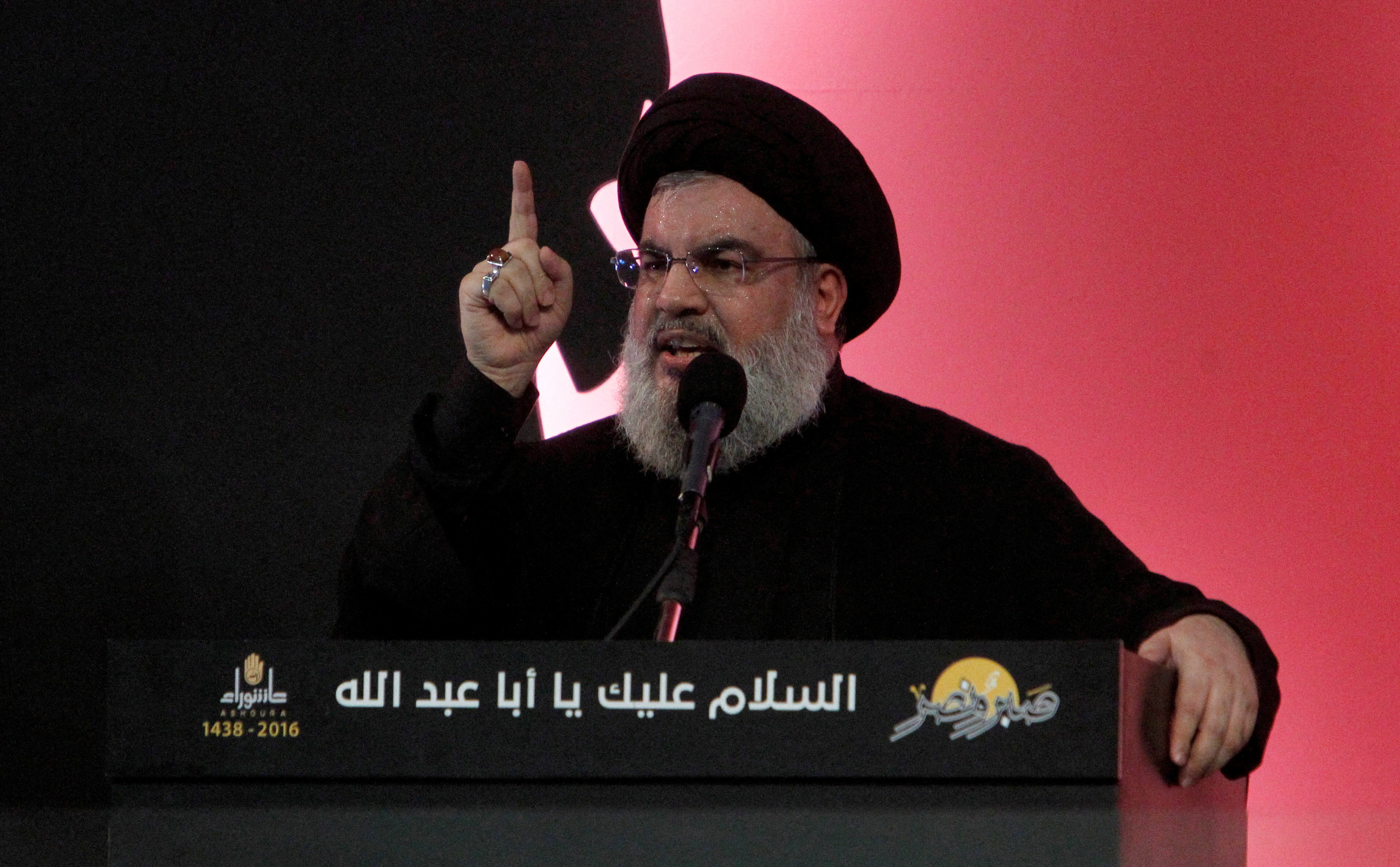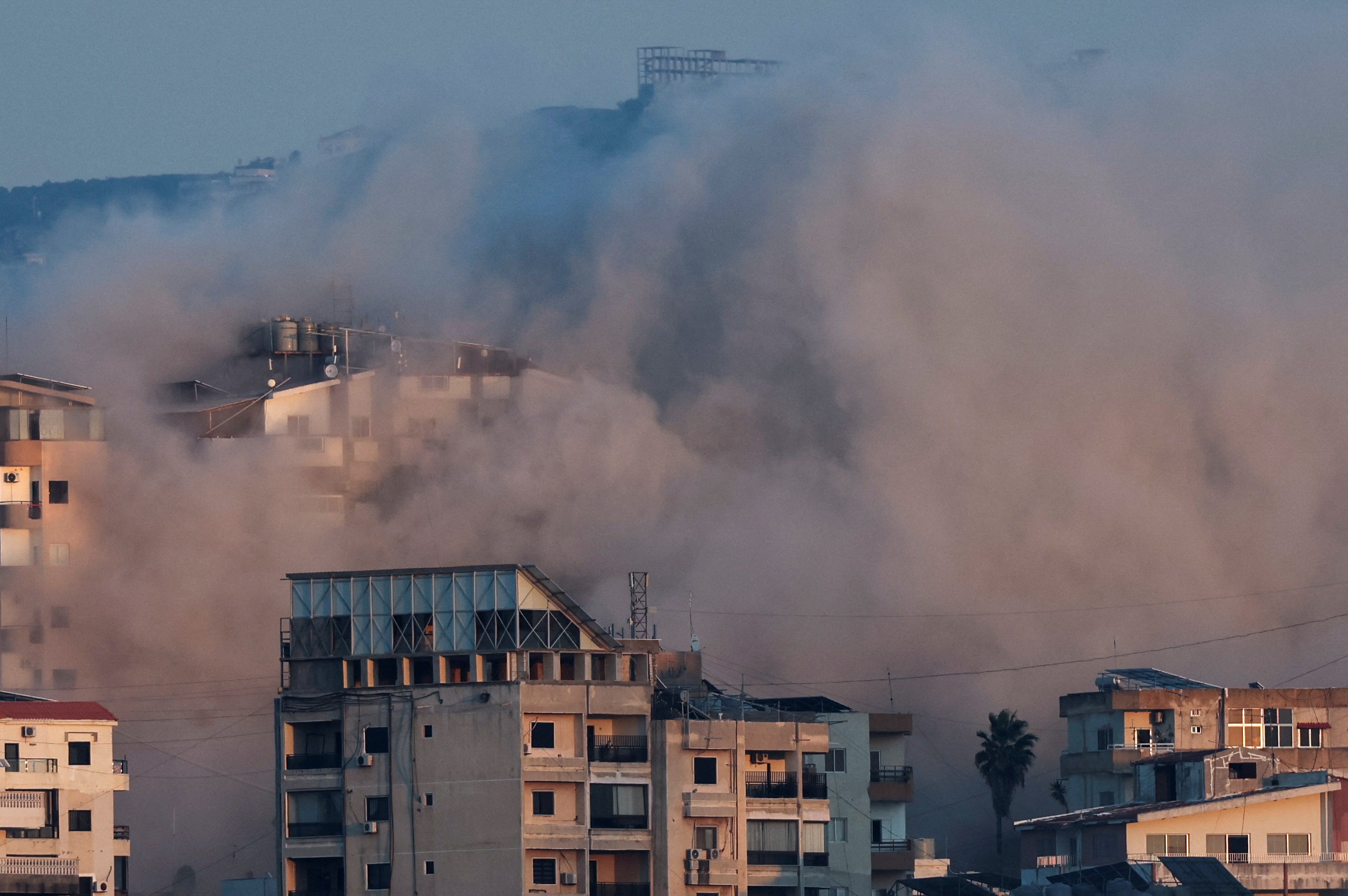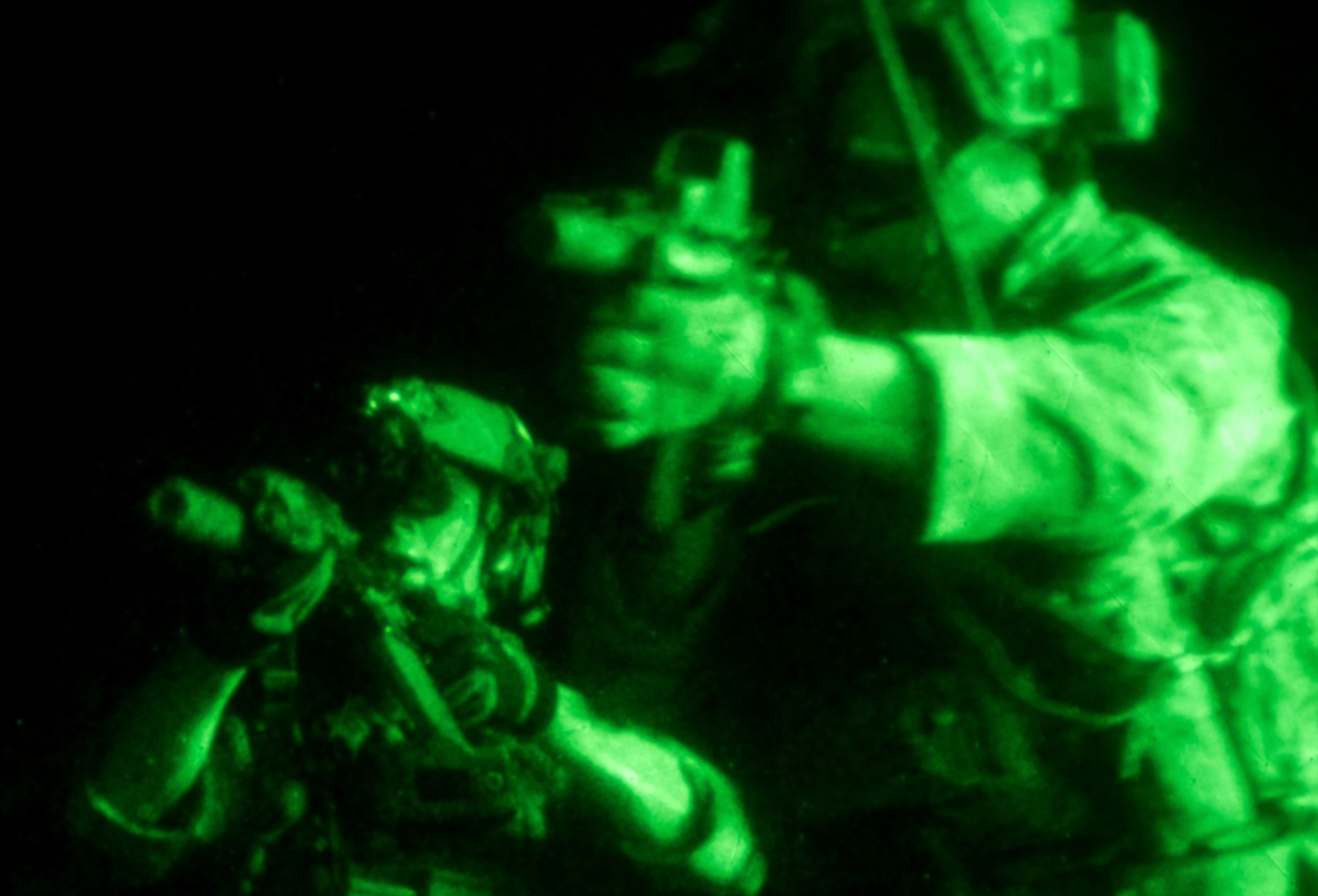
Hezbollah confirms leader Nasrallah killed after Israeli strike
PHOTO CAPTION: Lebanon's Hezbollah leader Sayyed Hassan Nasrallah speaks through a screen during a religious ceremony marking Ashura, in this screengrab taken from Al-Manar TV footage, Lebanon August 19, 2021. AL-MANAR TV/Handout via REUTERS
By Ari Rabinovitch and Maya Gebeily
JERUSALEM/BEIRUT (Reuters) -Hezbollah leader Sayyed Hassan Nasrallah has been killed, the Iran-backed group said on Saturday, confirming his death after the Israeli military said it had eliminated him in an airstrike in Beirut the day before.
His death marks a devastating blow to Hezbollah as it reels from an escalating campaign of Israeli attacks. It is also a huge blow to Iran, given the major role he has played in the Tehran-backed regional "Axis of Resistance".
Hezbollah said in a statement that it would continue its battle against Israel "in support of Gaza and Palestine, and in defence of Lebanon and its steadfast and honourable people". It did not say how Nasrallah was killed.
The Israeli military said earlier that Nasrallah was eliminated in a "targeted strike" on Friday on the group's underground headquarters beneath a residential building in Dahiyeh - a Hezbollah-controlled southern suburb of Beirut.
It said he was killed along with another top Hezbollah leader, Ali Karaki, and other commanders.
"The strike was conducted while Hezbollah’s senior chain of command were operating from the headquarters and advancing terrorist activities against the citizens of the State of Israel," it said.
Friday's airstrike on Dahiyeh shook Beirut. A security source in Lebanon said the attack - a quick succession of massively powerful blasts - had left a crater at least 20 metres (65 feet) deep.
It was followed on Saturday by further airstrikes on Dahiyeh and other parts of Lebanon. Huge explosions lit up the night sky, and more strikes hit the area in the morning. Smoke rose over the city.
Residents have fled Dahiyeh, seeking shelter in downtown Beirut and other parts of the city.
(Reporting by Maya Gebeily, Timour Azhari, Laila Bassam, and Tom Perry in Beirut; James Mackenzie and Ari Rabinovitch in Jerusalem; Jana Choukeir, Nadine Awadalla, Adam Makary, Jaidaa Taha, Clauda Tanios and Tala Ramadan in DubaiWriting by Tom PerryEditing by Frances Kerry and Angus MacSwan)










